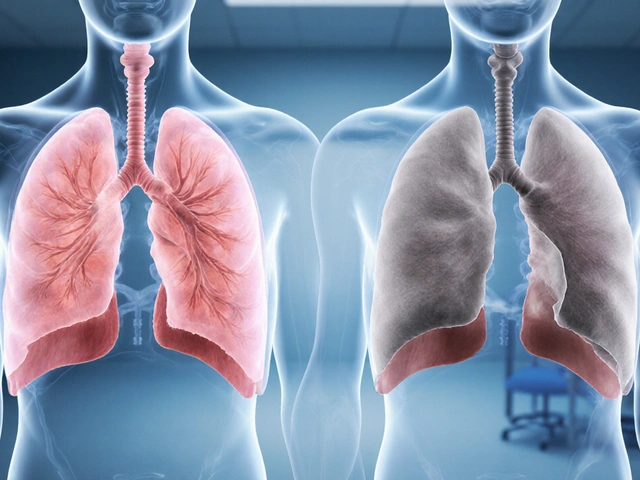Antabuse Alternatives
Antabuse (disulfiram) punishes drinking with unpleasant reactions. That works for some, but it isn't right for everyone. If you want other options—meds that cut craving, therapy that builds new habits, or safer combinations—here's a clear, no-nonsense guide to pick what might fit your life.
Medication alternatives: what they do and who they suit
Naltrexone: This one blocks the pleasurable buzz from alcohol and lowers cravings. You can take it as a daily pill (usually 50 mg) or a monthly shot (Vivitrol). It's a good choice if you still feel strong urges. Don’t use it if you’re on opioids or need painkillers that rely on opioid effects. Also check liver tests before starting.
Acamprosate: Best for people who already stopped drinking and want to stay sober. It eases the emotional and physical craving after detox. Typical dosing is three pills a day. It’s safer for the liver than some drugs, but adjust the dose if you have kidney problems.
Topiramate and gabapentin: These are off-label options with growing evidence. Topiramate can reduce heavy drinking but may cause memory or word-finding issues. Gabapentin can help with sleep and anxiety after stopping alcohol; it may also lower drinking in some people. Both need dose planning with a prescriber.
Baclofen and other off-label drugs: Baclofen is a muscle relaxant some doctors use to reduce drinking. Results vary, and side effects like drowsiness are common. Your doctor can talk through risks and monitor progress.
Non-drug options and smart combinations
Therapy matters. Cognitive-behavioral therapy (CBT) teaches coping skills for urges. Motivational enhancement therapy helps you set realistic goals. Contingency management uses rewards to reinforce abstinence. Pairing medication with therapy usually gives the best results.
Peer support: Groups like AA or SMART Recovery help you build steady habits and a sober social circle. These don’t replace meds, but they make staying sober easier for many people.
Practical checks before you switch: Get baseline liver and kidney tests. Tell your doctor about opioid use, pregnancy plans, and mental health issues. Expect side effects—nausea with naltrexone, tiredness with gabapentin, cognitive slowing with topiramate—and plan how to manage them.
When to get medical help: Severe alcohol withdrawal can be life-threatening. If you or someone else has tremors, hallucinations, seizures, or confusion after stopping alcohol, seek urgent medical care. Don’t try stopping heavy drinking alone without medical advice.
Bottom line: Antabuse is only one tool. Naltrexone and acamprosate are the main alternatives with strong evidence; topiramate, gabapentin, and baclofen are options for certain situations. Combine medication with therapy and peer support for the best shot at lasting change. Talk honestly with your prescriber to pick the safest, most practical plan for you.




